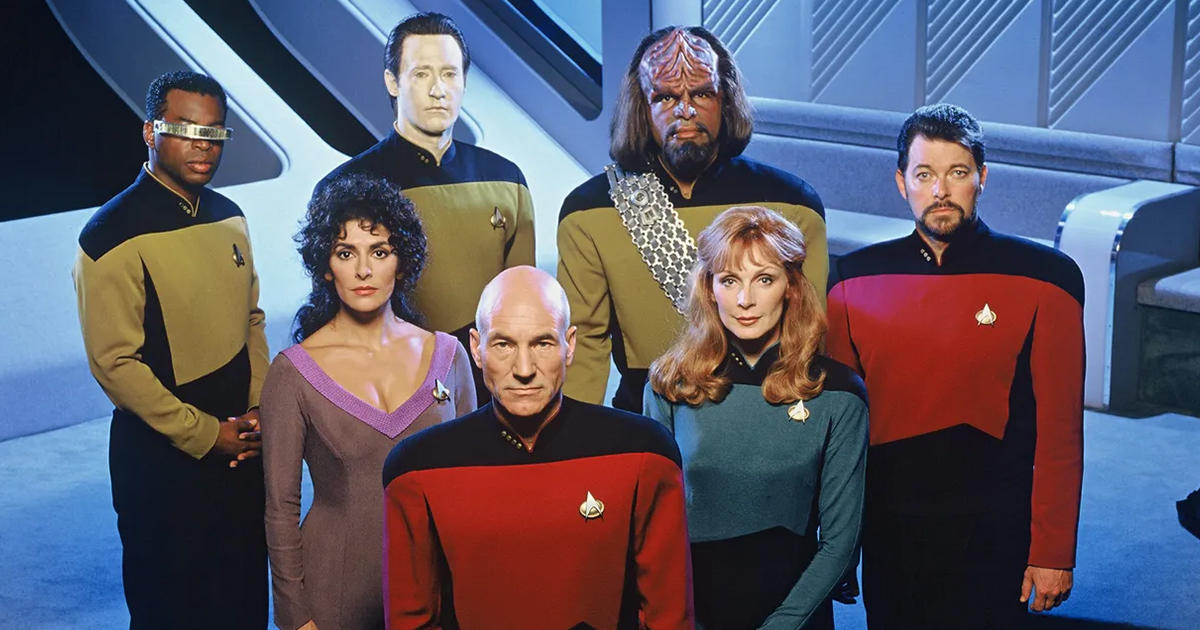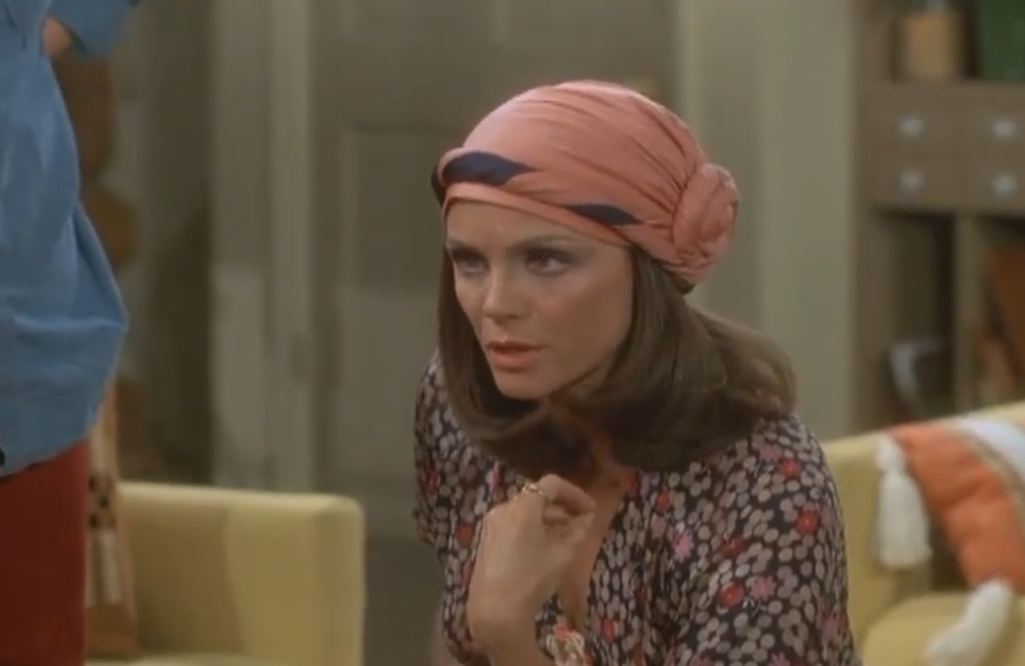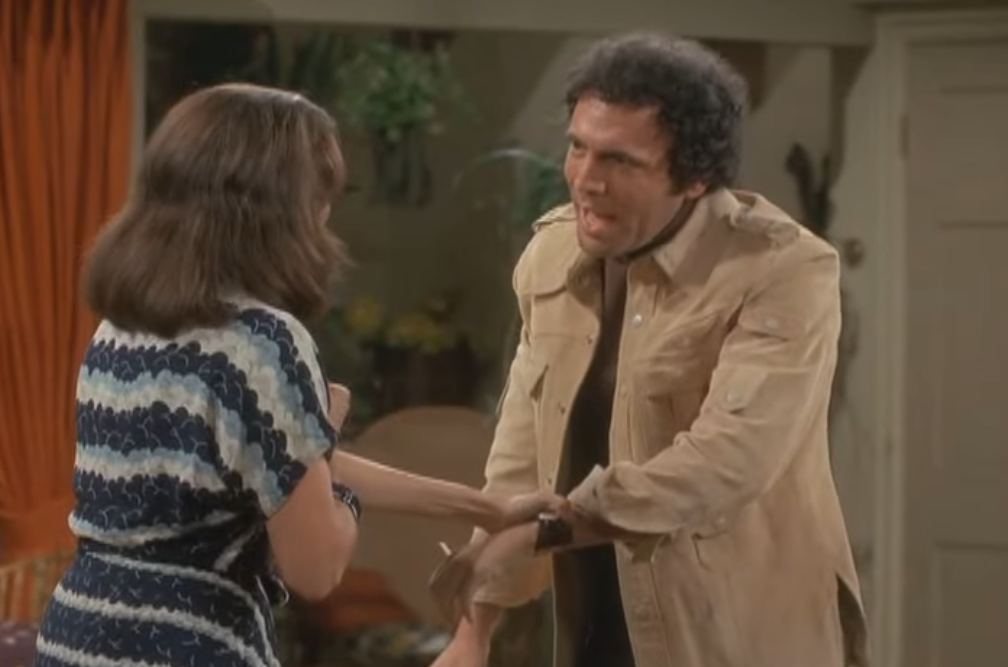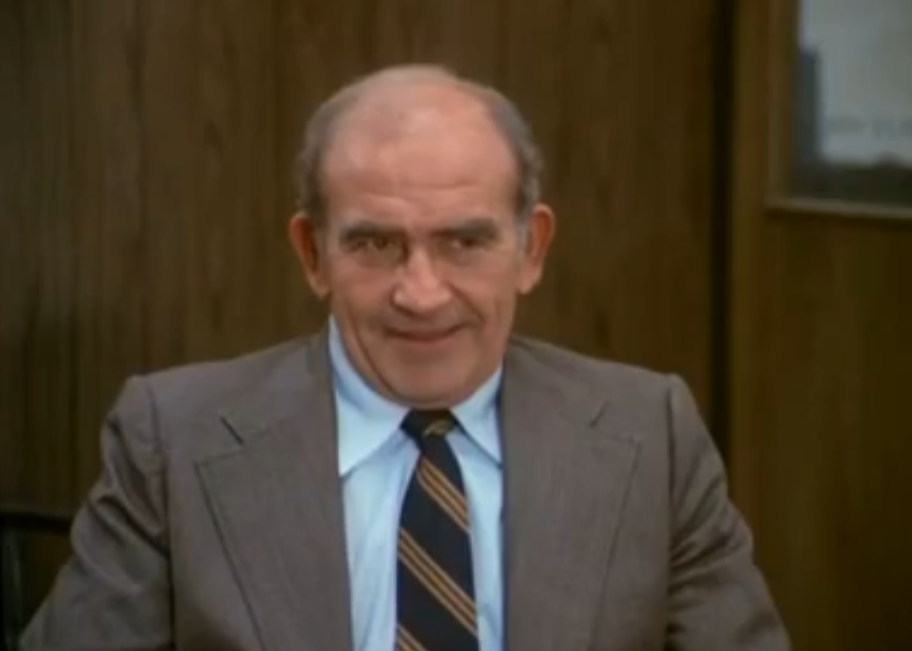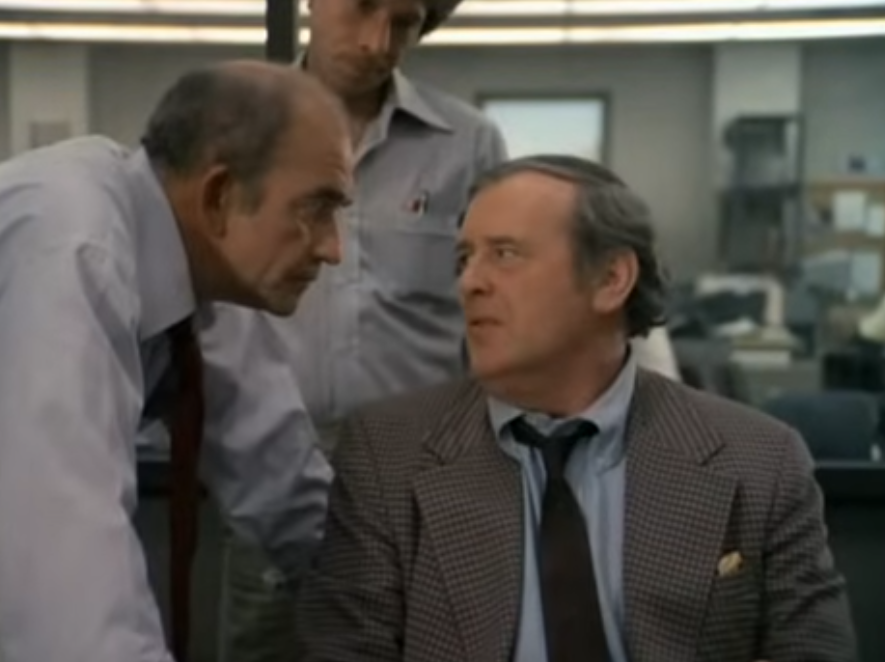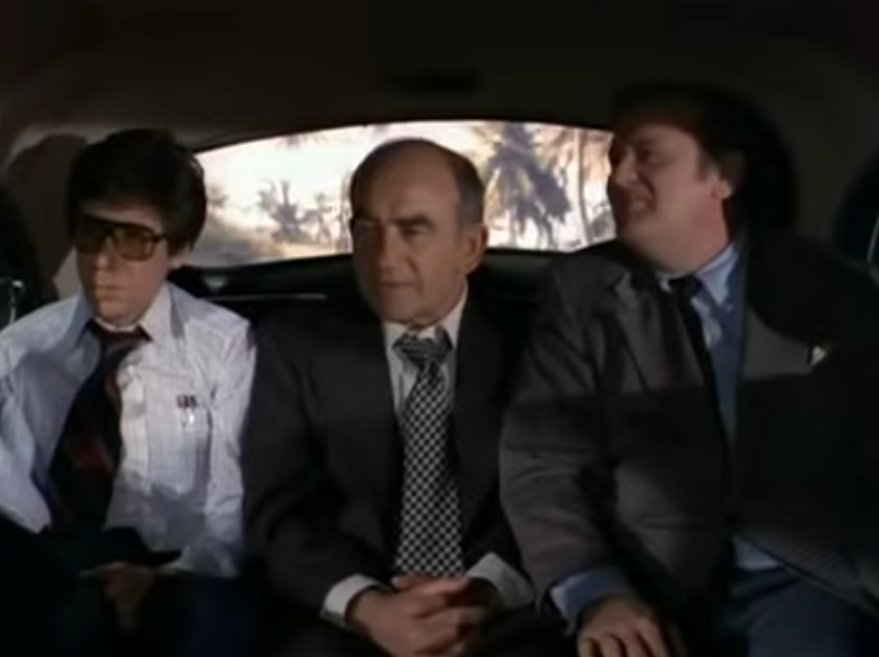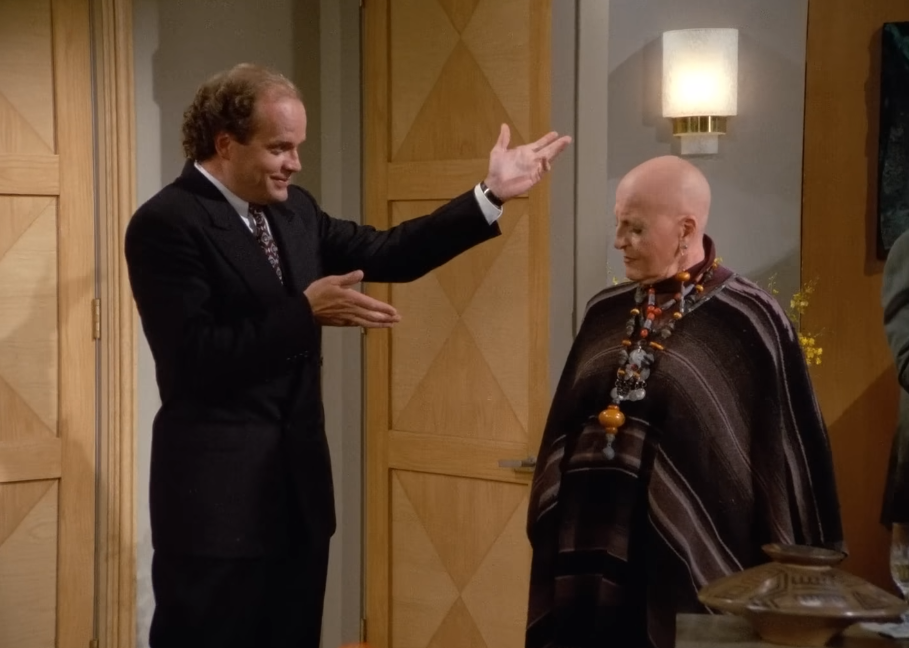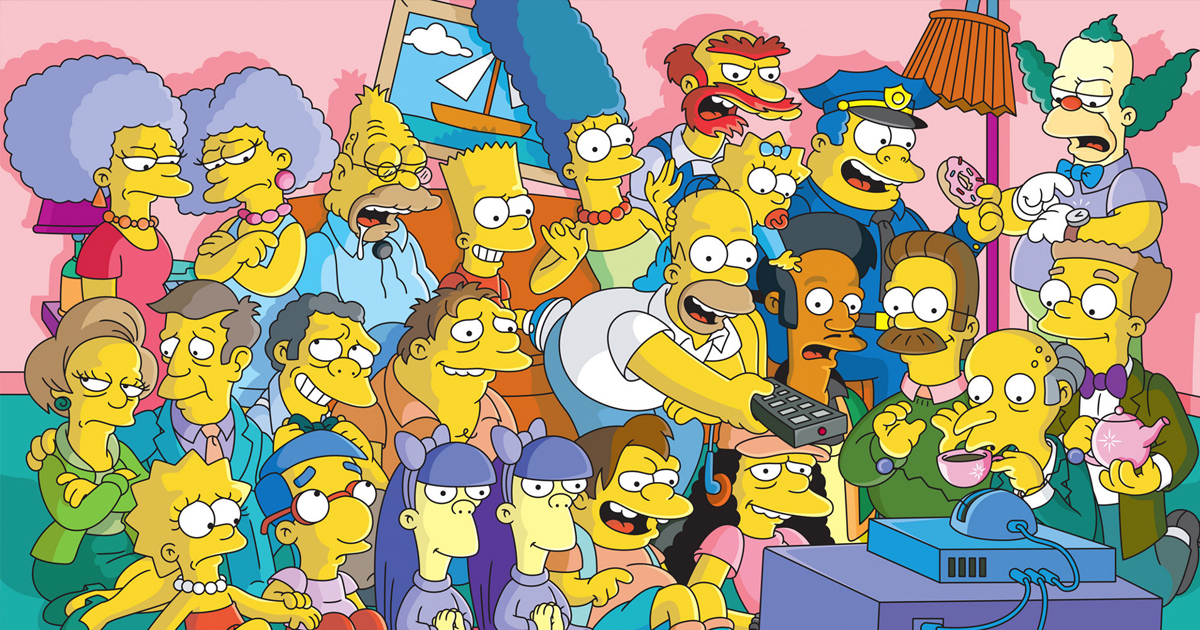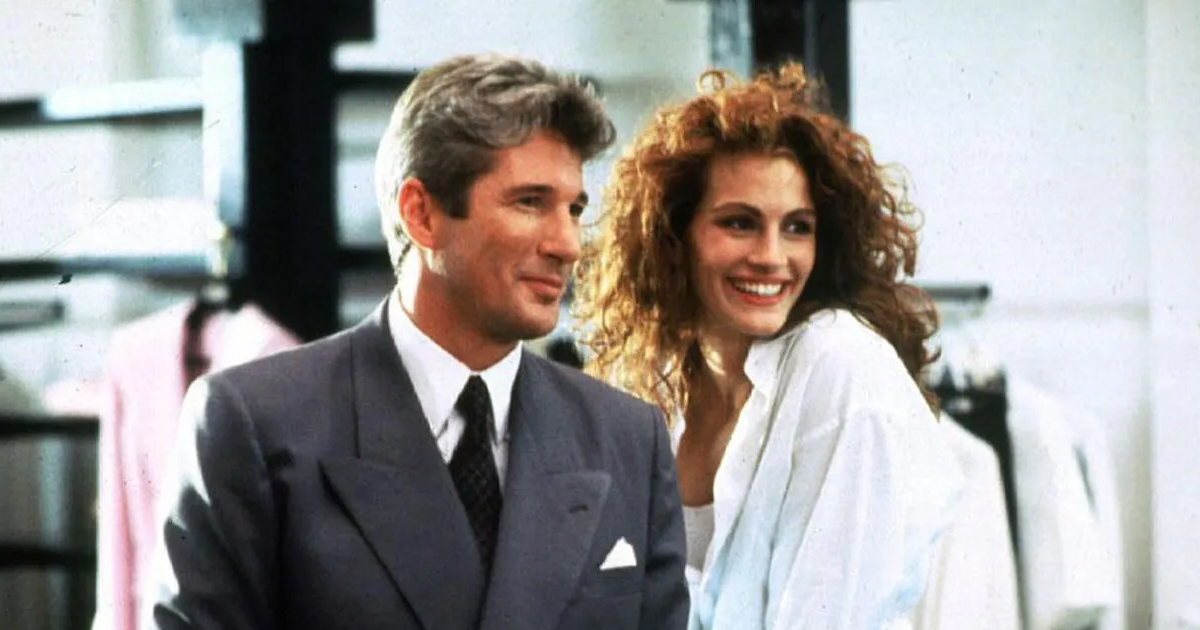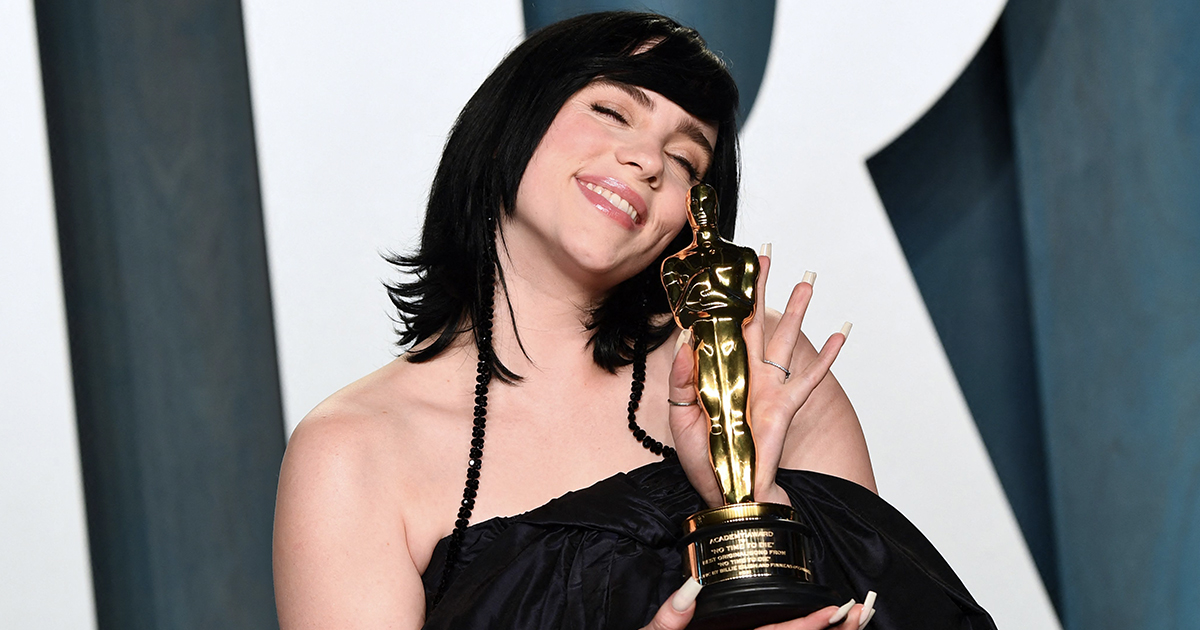Successful Shows Which Were Actually Spinoffs
Television spinoffs seem more miss than hit—so much so that The Simpsons even parodied the idea with “The Simpsons Spin-Off Showcase” episode. When a show is successful, producers understandably want to keep that success going and popular characters are given their own shows. In some cases, the results are less than spectacular, but there are a number of spinoffs that were as successful or even more successful than their parent series.
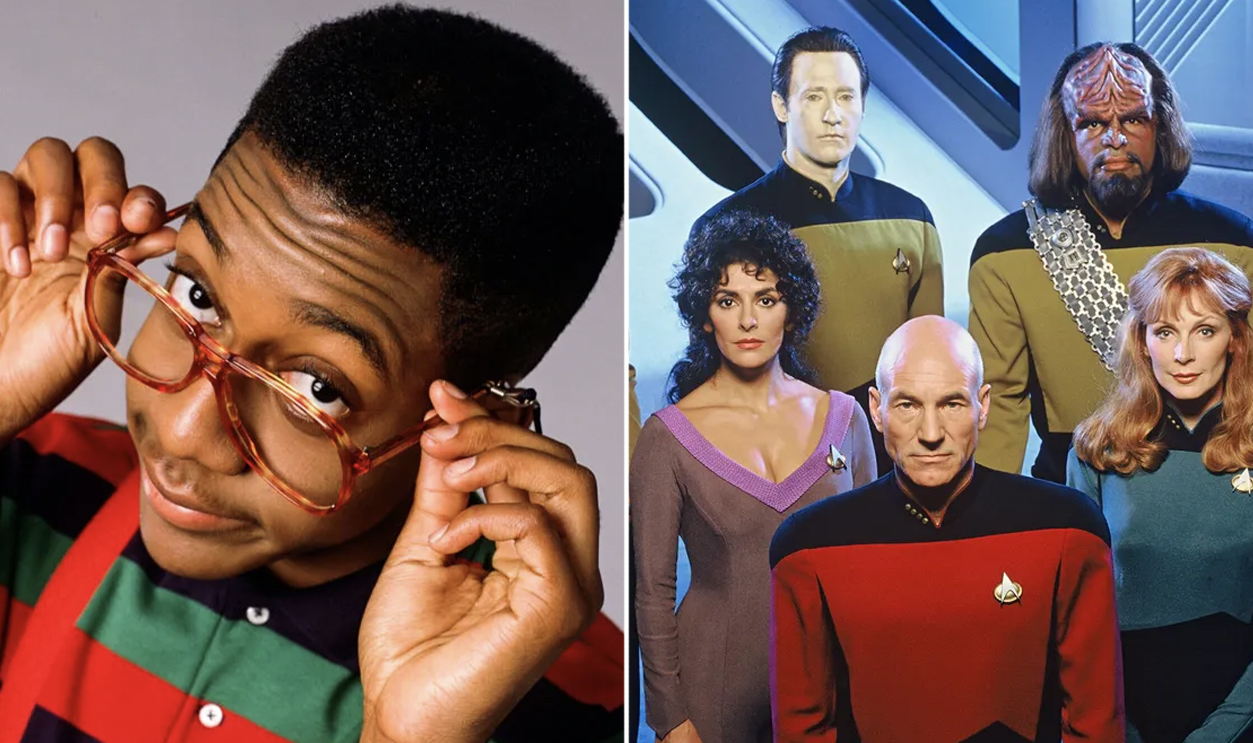
The Honeymooners (A Spinoff Of The Jackie Gleason Show)
In its infancy, television was a bit of a wild frontier, where anything and everything was tried. What the medium was capable of was still wide open. One of television’s earliest sitcom successes was technically a spinoff—The Honeymooners started as a skit, as part of the 1950s sketch comedy series The Jackie Gleason Show.
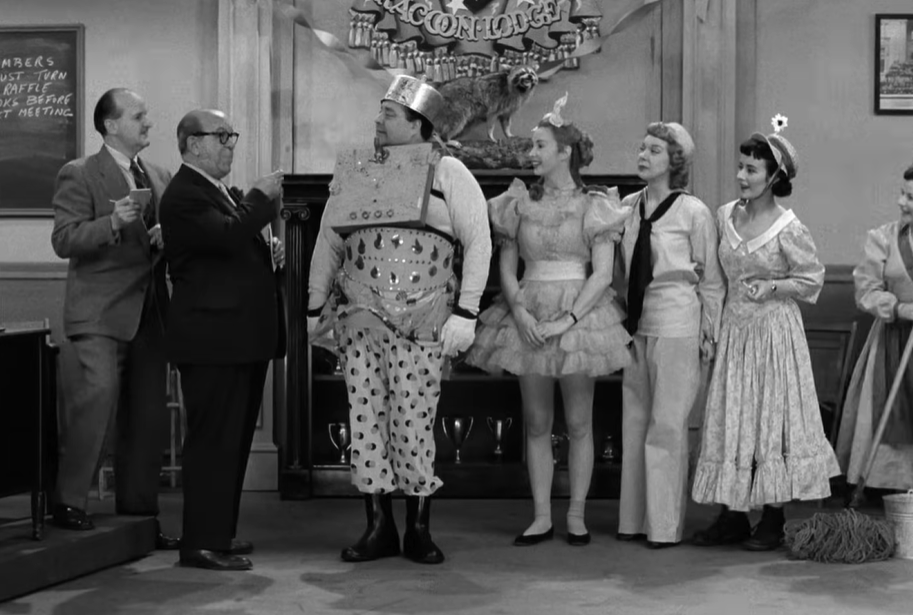 Paramount, The Honeymooners (1955-1956)
Paramount, The Honeymooners (1955-1956)
The Honeymooners (A Spinoff Of The Jackie Gleason Show)
As it developed in skit format, The Honeymooners became so popular that audiences wanted to see more. In the mid-1950s, the skit was turned into a sitcom proper and although there were only 39 episodes produced, its popularity eclipsed the original show and it is considered, along with I Love Lucy, to be one the key sitcoms of the 1950s.
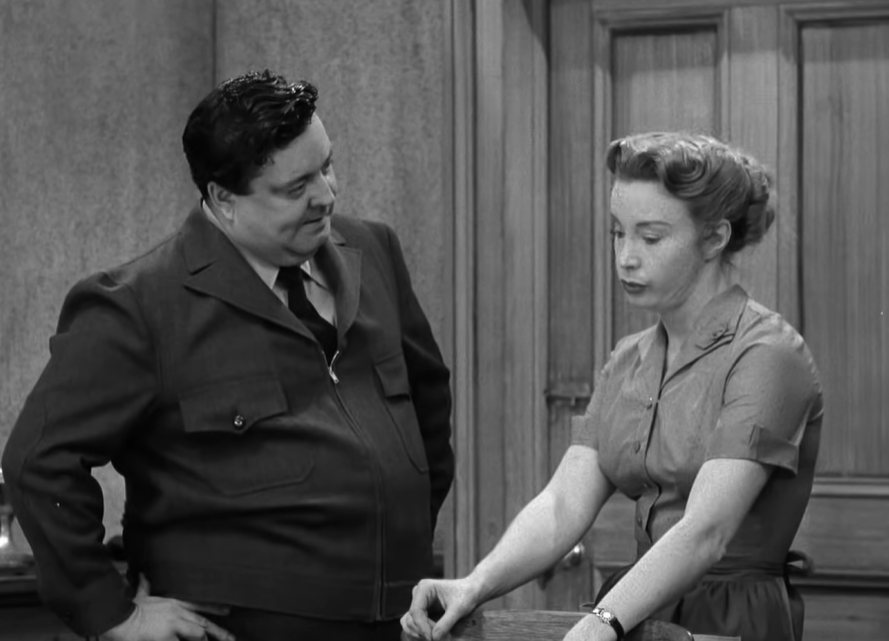 Paramount, The Honeymooners (1955-1956)
Paramount, The Honeymooners (1955-1956)
The Andy Griffith Show (A Spinoff Of The Danny Thomas Show)
In the 1960s, The Andy Griffith Show was a beloved series focusing on subtle humor rather than physical comedy or site gags. It continued to live on in reruns and is considered to be one of the most important sitcoms of the 1960s. However, it’s generally forgotten that The Andy Griffith Show was actually a spinoff of The Danny Thomas Show.
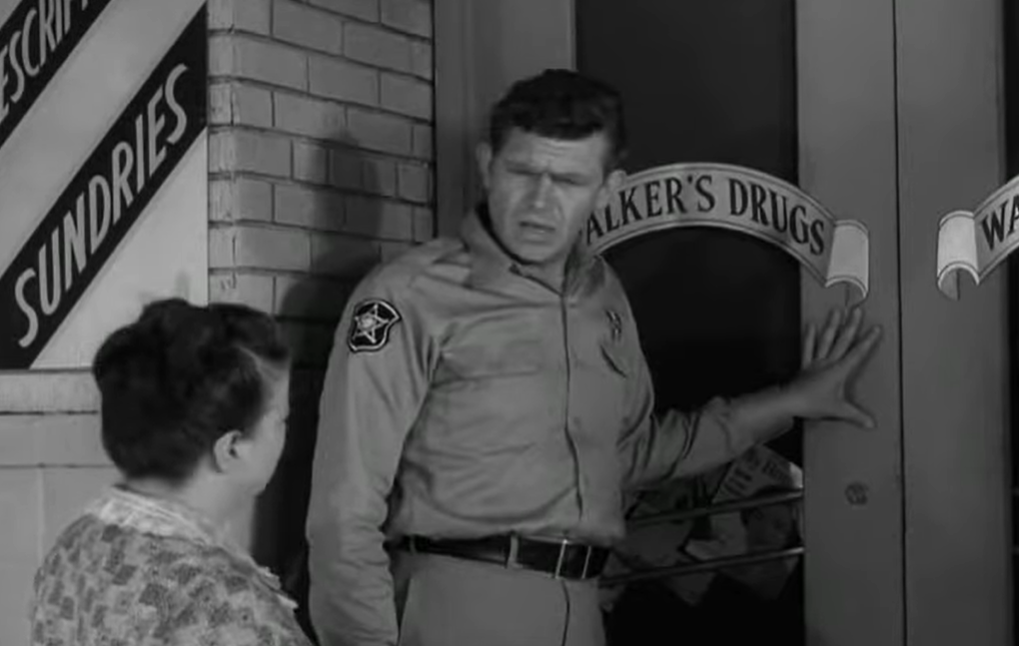 CBS, The Andy Griffith Show (1960-1968)
CBS, The Andy Griffith Show (1960-1968)
The Andy Griffith Show (A Spinoff Of The Danny Thomas Show)
A single episode of The Danny Thomas Show introduced Andy Taylor and Barney Fife as eccentric Southern lawmen. The Danny Thomas Show, popular in its day and remembered fondly by those who watched its first run, has mainly been forgotten while The Andy Griffith Show lives on in reruns.
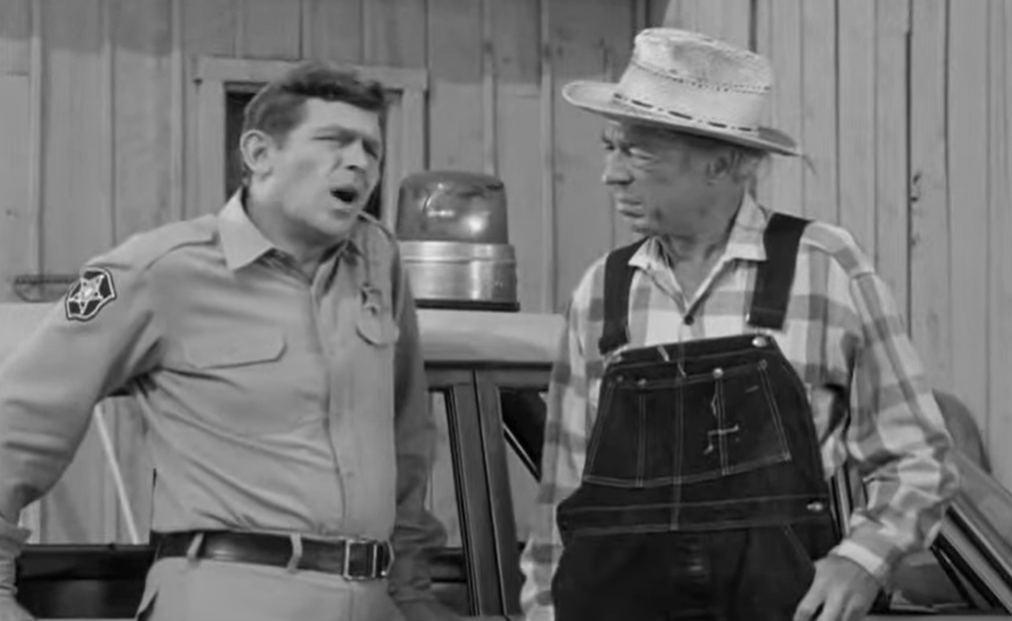 CBS, The Andy Griffith Show (1960-1968)
CBS, The Andy Griffith Show (1960-1968)
Gomer Pyle, U.S.M.C (A Spinoff Of The Andy Griffith Show)
So popular was The Andy Griffith Show that a spinoff was inevitable. Don Knotts, after winning five consecutive Emmys for his portrayal of Deputy Sheriff Barney Fife, left the series—not for a spinoff, but for a movie career. It was left to another breakout character, Gomer Pyle, to get his own series.
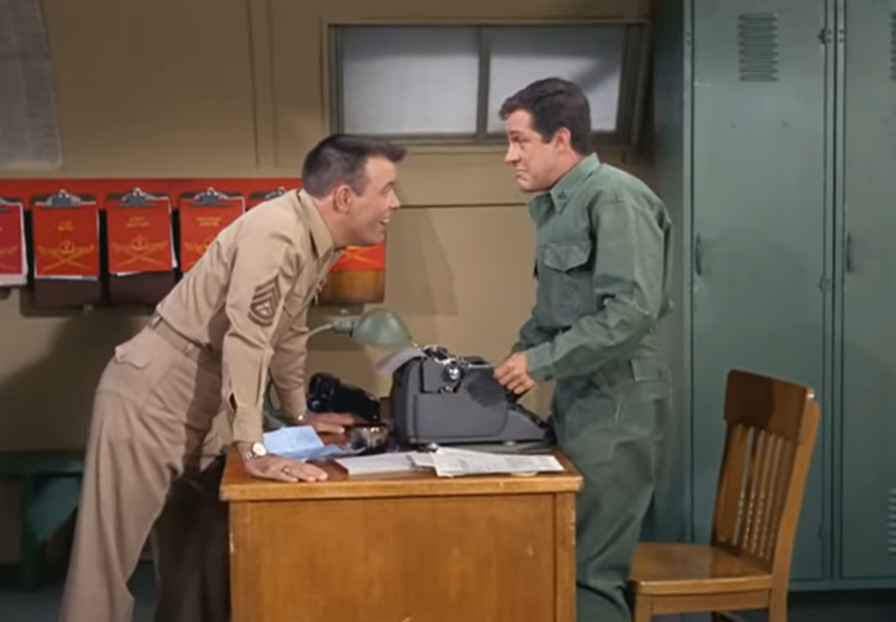 Andy Griffith Enterprises, Gomer Pyle: USMC (1964-1969)
Andy Griffith Enterprises, Gomer Pyle: USMC (1964-1969)
Gomer Pyle, U.S.M.C (A Spinoff Of The Andy Griffith Show)
Jim Nabors portrayed the dim-witted service station attendant Gomer Pyle. Gomer was easily moved into a different setting, and in this case, he was a recruit for the US Marine Corps where his good-natured but less than intelligent antics crossed wires with his short-fuse sergeant. The show was a success.
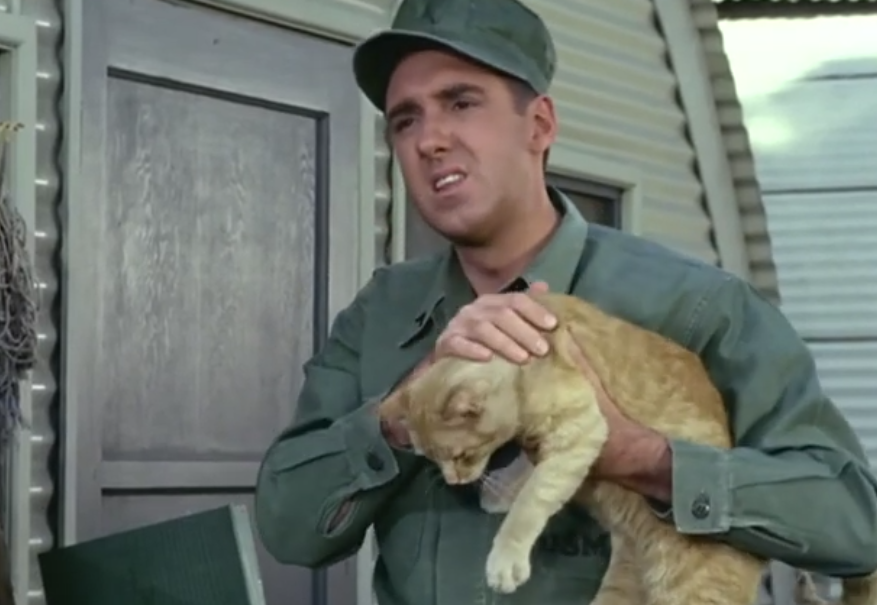 Andy Griffith Enterprises, Gomer Pyle: USMC (1964-1969)
Andy Griffith Enterprises, Gomer Pyle: USMC (1964-1969)
Maude (A Spinoff Of All In The Family)
By the late-1960s, television began changing and the gentle humor of The Andy Griffith Show was replaced by more sophisticated programs with urban settings and which focused on real issues, not escapism. All in the Family was one of the first US programs to deal directly with racism, feminism, gay rights and other issues, centered around the prejudiced working-class Archie Bunker. It was a huge hit and producers wanted to create more grown-up shows which tackled real issues.
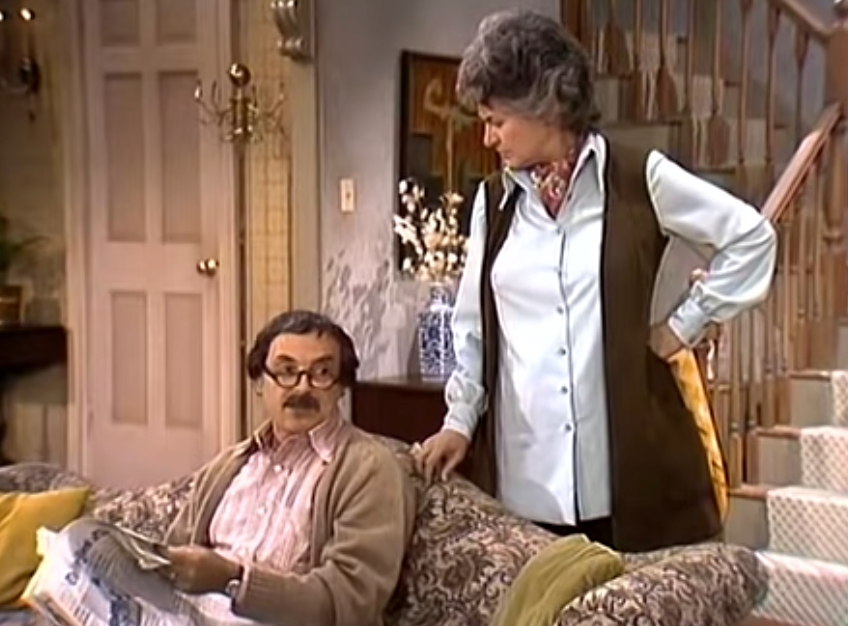 Tandem Productions, Maude (1972-1978)
Tandem Productions, Maude (1972-1978)
Maude (A Spinoff Of All In The Family)
The character Maude was introduced as a cousin of Archie’s wife, Edith. Maude was as liberal as Archie was conservative and the comedy came from their political battles. Seeing how the character Maude was popular, producers felt her own sitcom would work, focusing again on big issues such as civil rights, feminism, and gay rights.
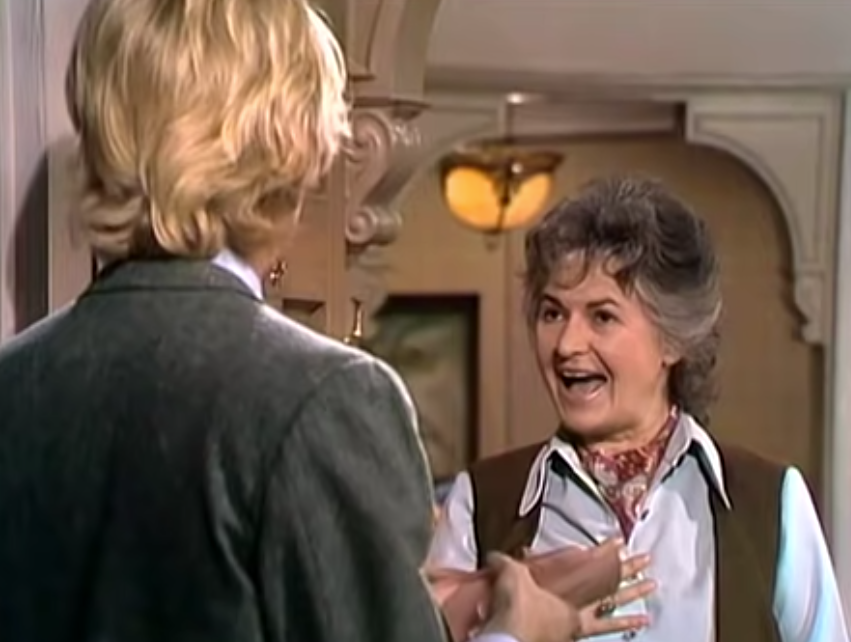 Tandem Productions, Maude (1972-1978)
Tandem Productions, Maude (1972-1978)
Maude (A Spinoff Of All In The Family)
Maude the sitcom was every bit as controversial and political as All in the Family. Maude was a divorced career woman with a Jewish second husband and an adult daughter from her first marriage. Like All in the Family, Maude tackled big issues and was still able to poke fun at Maude’s liberalism in much the same way that All in the Family addressed Archie’s more conservative outlook.
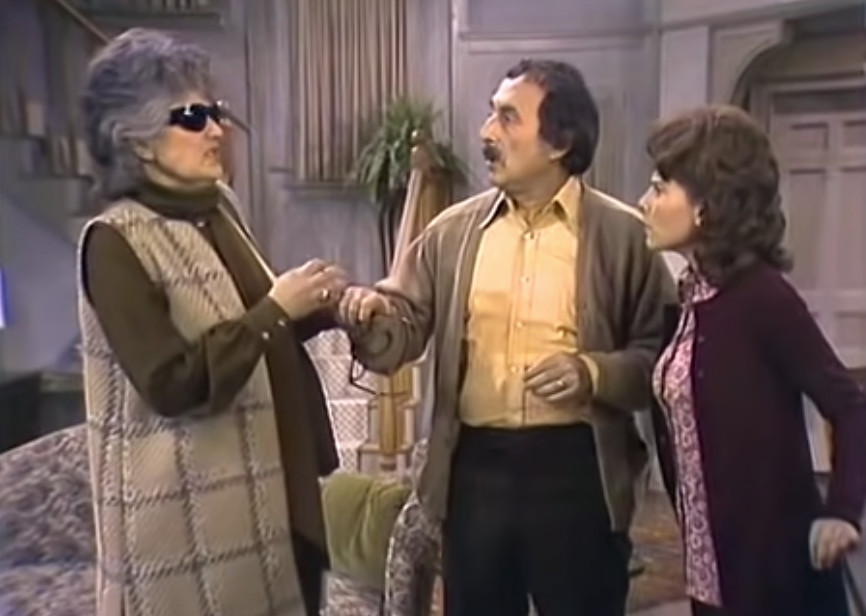 Tandem Productions, Maude (1972-1978)
Tandem Productions, Maude (1972-1978)
Good Times (A Spinoff Of Maude)
Maude proved popular and its popularity, and ultimate connection to All in the Family, lead producers to use Maude as a launching pad for another sitcom dealing with big issues. Co-created by Mike Evans—who played Lionel Jefferson on All in the Family and yet another spinoff, The Jeffersons—Good Times focused on an African American family living in a Chicago housing project (modeled after the real-life Cabrini-Green housing project). Where All in the Family were working-class and white and Maude was lower middle-class and white, the family on Good Times was working-poor and the plotlines centered on the family’s struggles with staying out of poverty.
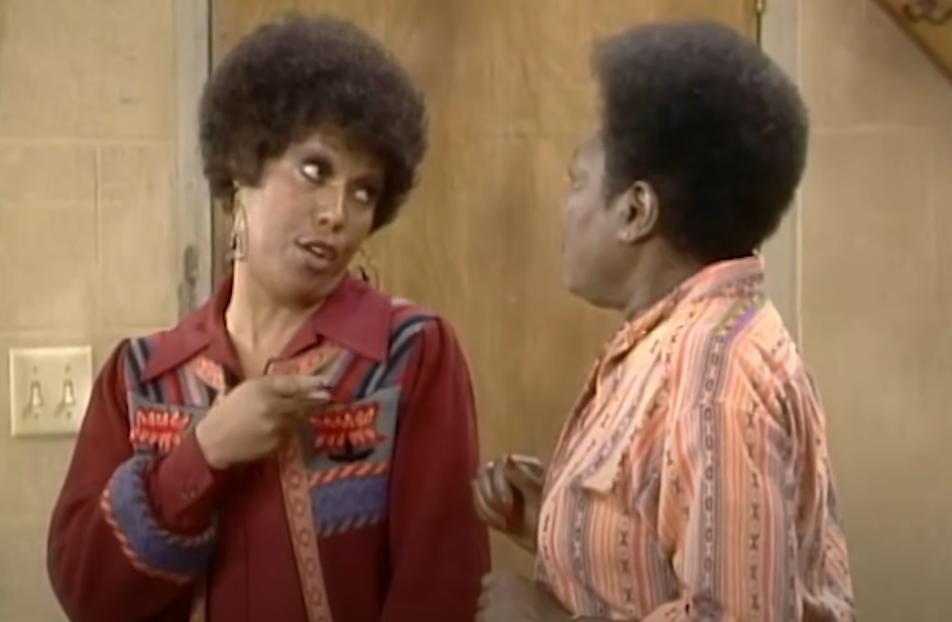 Tandem Productions, Good Times (1974-1979)
Tandem Productions, Good Times (1974-1979)
Good Times (A Spinoff Of Maude)
The family matriarch, Florida, was introduced on Maude as Maude’s housekeeper. Good Times was launched as a vehicle to examine similar issues found on Maude and All in the Family, but from an African American perspective. It was successful, often settling into more broad sitcom territory surrounding the breakout star Jimmy Walker as oldest son JJ, but Good Times still tackled the serious issues facing the family, such as racism, poverty, and crime.
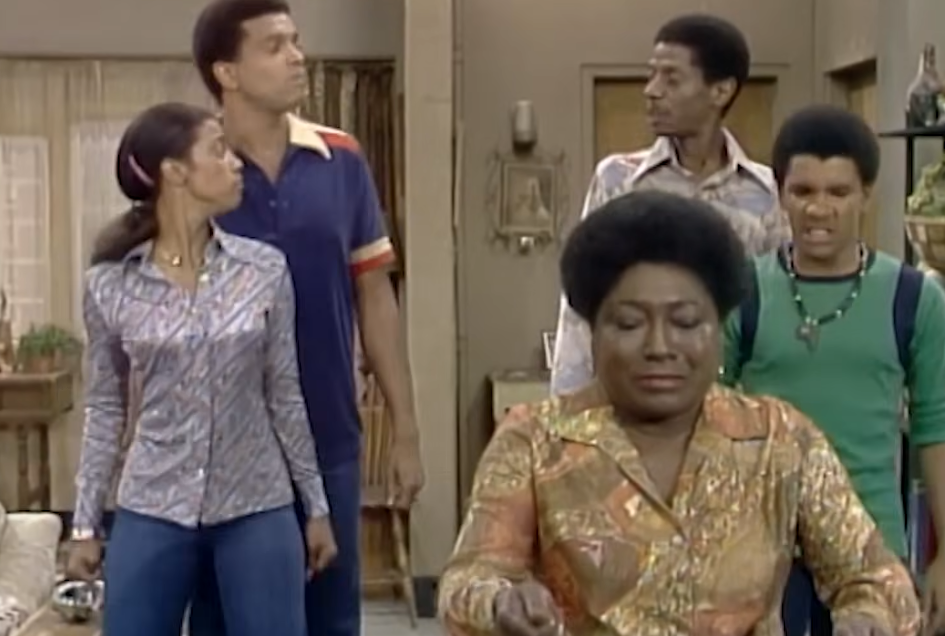 Tandem Productions, Good Times (1974-1979)
Tandem Productions, Good Times (1974-1979)
The Jeffersons (A Spinoff Of All In The Family)
The characters George and Louise Jefferson, along with their son Lionel, were introduced on All in the Family early on. George Jefferson was meant to be analogous to Archie, with George often expressing similarly prejudiced sentiments, but from a Black point of view. Lionel, in his late teens, was also a foil for Archie, and although Archie had stereotypical ideas about Black people, he nevertheless liked Lionel and seemingly wanted the best for him.
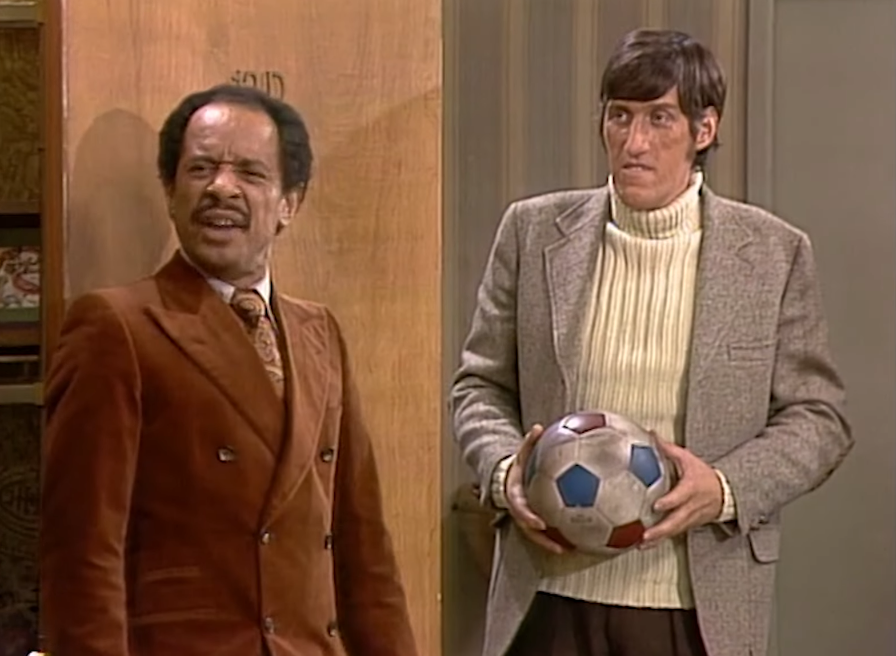 Embassy Television, The Jeffersons (1975-1985)
Embassy Television, The Jeffersons (1975-1985)
The Jeffersons (A Spinoff Of All In The Family)
With the success of the Jeffersons as characters, it was not surprising that a spinoff series was developed. The Jeffersons were better off than the Bunkers—George Jefferson was a successful businessman. On The Jeffersons, the family moved from working-class Queens to a luxury condo in Manhattan as George’s dry cleaning business took off.
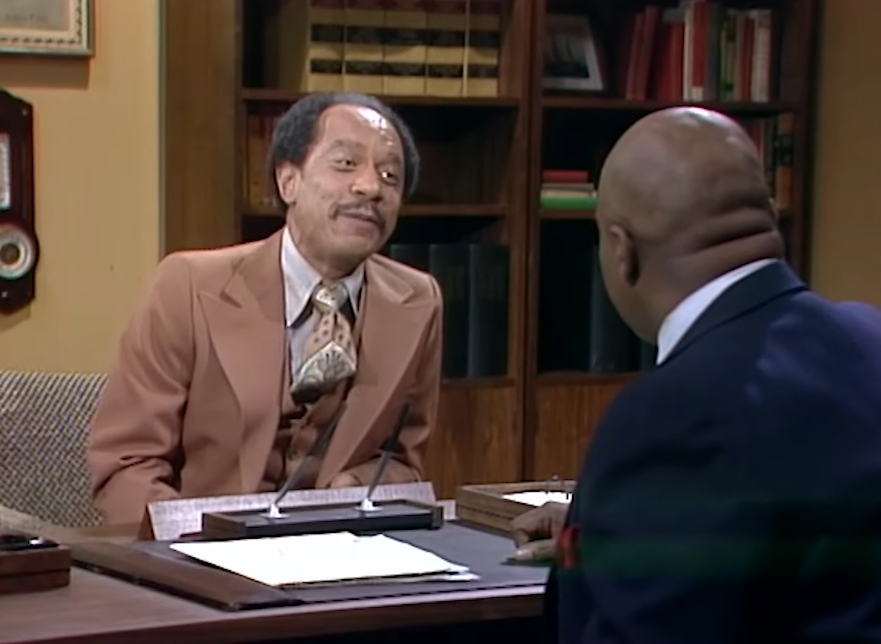 Embassy Television, The Jeffersons (1975-1985)
Embassy Television, The Jeffersons (1975-1985)
The Jeffersons (A Spinoff Of All In The Family)
The Jeffersons had a maid and an interracial couple for neighbors, and George’s own brand of prejudice was often the source of humor. Less political or realistic than All in the Family, Maude, or Good Times, The Jeffersons nevertheless showcased an upper middle-class black family at a time when such representation was rare. The Jeffersons was a huge success, running for 11 seasons (compared to All in the Family at nine seasons, and both Maude and Good Times at six seasons).
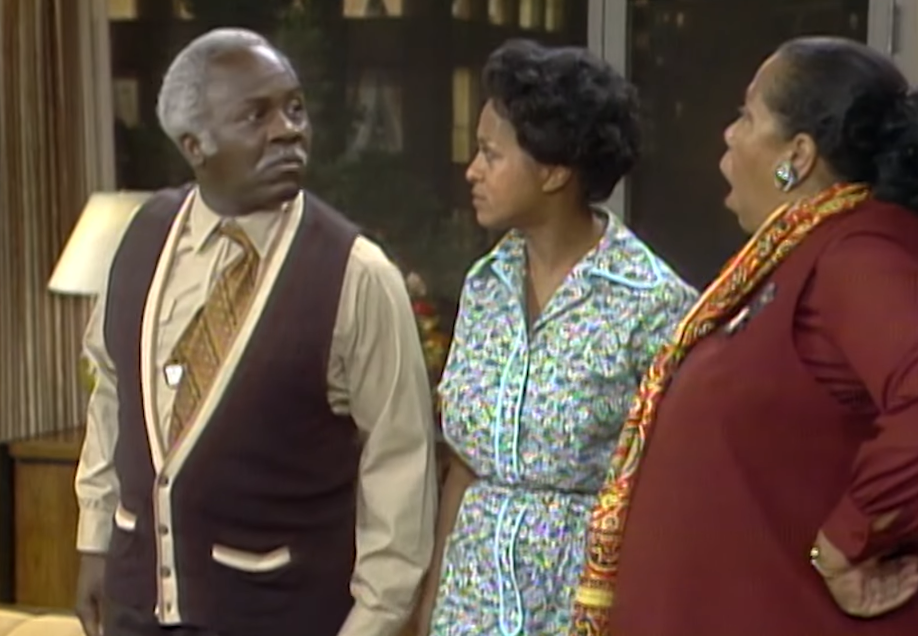 Embassy Television, The Jeffersons (1975-1985)
Embassy Television, The Jeffersons (1975-1985)
Star Trek: The Next Generation (A Spinoff Of Star Trek)
One of the longer gaps between original series and spinoff is sometimes not seen as a spinoff at all but rather a sequel. Star Trek was canceled in 1969 after three seasons and low ratings. After Star Trek: The Animated Series ran for one season in 1972, Star Trek began gaining in popularity due to the reruns and the growing convention circuit. An abandoned follow-up television series, Star Trek II, made way for Star Trek: The Motion Picture in 1979 and the franchise was officially reborn.
 Paramount, Star Trek: The Next Generation (1987-1994)
Paramount, Star Trek: The Next Generation (1987-1994)
Star Trek: The Next Generation (A Spinoff Of Star Trek)
After several successful films, Star Trek returned to television in 1987 with a new series and a new crew: Star Trek: The Next Generation, taking place in the 24th century. Led by Captain Jean-Luc Picard, Star Trek: The Next Generation was a huge success, lasting seven seasons and spawning its own series of films. The success of Star Trek: The Next Generation led to further spinoffs, Star Trek: Deep Space Nine and Star Trek: Voyager, with both taking place in the same timeline and universe as Star Trek: The Next Generation.
 Paramount, Star Trek: The Next Generation (1987-1994)
Paramount, Star Trek: The Next Generation (1987-1994)
Star Trek: The Next Generation (A Spinoff Of Star Trek)
The franchise continues to grow with reboot films and television series taking place in different timelines and different universes, and even a reboot of the original Star Trek pilot. In total, there are to this date 12 television series in addition to the expansive film franchise. Whether these can be considered true spinoffs of the original is up for debate but clearly the concept born in 1966 has a great deal of staying power.
 Paramount, Star Trek: The Next Generation (1987-1994)
Paramount, Star Trek: The Next Generation (1987-1994)
Laverne & Shirley (A Spinoff Of Happy Days)
In many ways, Happy Days was the flip side to All in the Family when it comes to successful 1970s sitcoms. While All in the Family was contemporary and dealt with serious issues, Happy Days was nostalgic escapism taking place in the late 1950s. Both were wildly successful and iconic programs of the era, and they both spawned successful spinoffs.
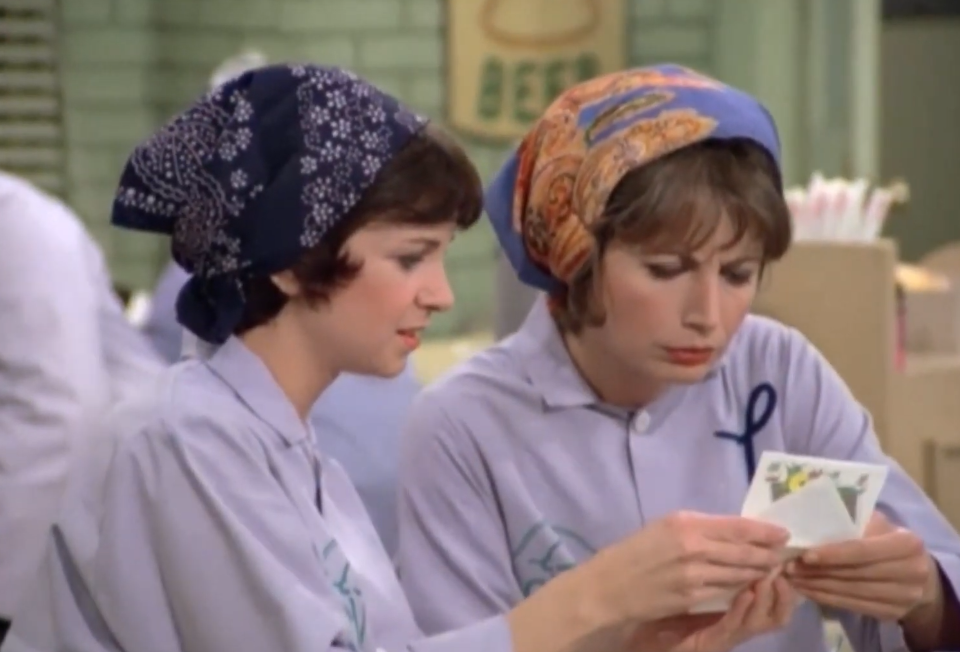 Paramount, Laverne & Shirley (1976-1983)
Paramount, Laverne & Shirley (1976-1983)
Laverne & Shirley (A Spinoff Of Happy Days)
While the long-running Happy Days did spinoff in the 1980s with the spectacularly and famously unsuccessful Joanie Loves Chachi, earlier in the 1970s, a far more successful spinoff emerged. Laverne & Shirley took place in the Happy Days universe, in the same time period and also in Milwaukee. Focusing on two working-class young women, Laverne & Shirley was an immediate hit.
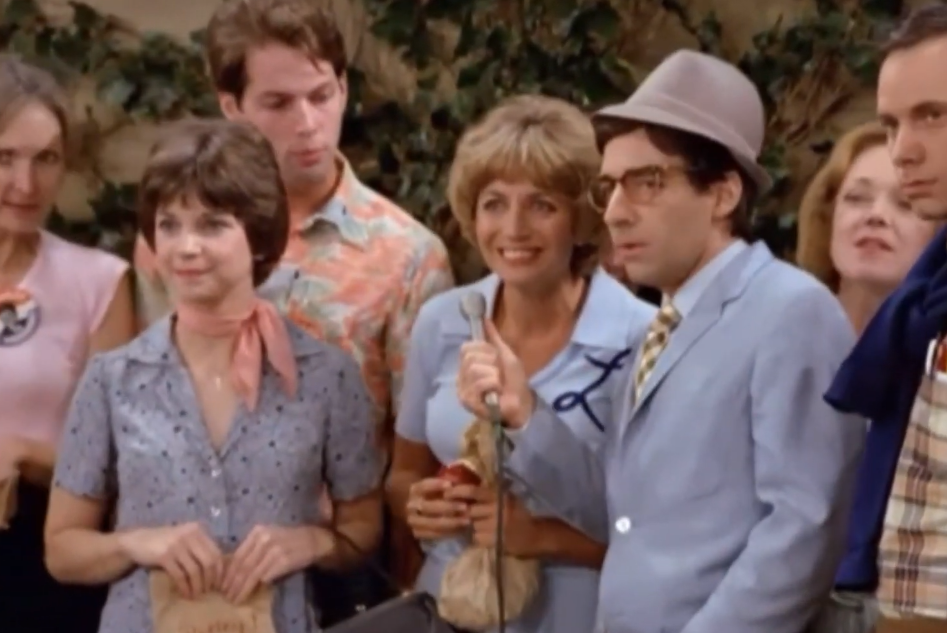 Paramount, Laverne & Shirley (1976-1983)
Paramount, Laverne & Shirley (1976-1983)
Laverne & Shirley (A Spinoff Of Happy Days)
While Happy Days quickly centered around the breakout character of the Fonz, Laverne & Shirley managed to keep the focus on the two leads and the ensemble cast, and at least for the first few years managed to keep its late 1950s/early 1960s feel and style. Laverne & Shirley lasted eight seasons (compared to Happy Days’ 11 seasons) and lived on in reruns.
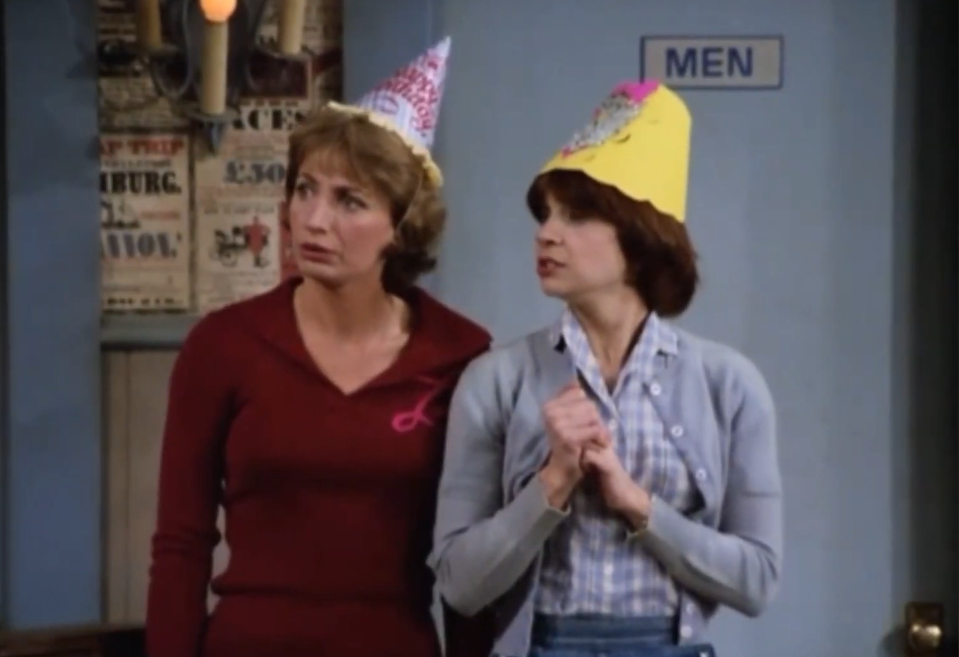 Paramount, Laverne & Shirley (1976-1983)
Paramount, Laverne & Shirley (1976-1983)
Mork & Mindy (A Spinoff Of Happy Days)
While Laverne & Shirley took place in the same nostalgic universe as Happy Days and still managed, at least in early seasons, to maintain a working-class 1950s feel to the series, Happy Days itself began to shift away from its premise as it focused most of its episodes on the Fonz. Famously (and literally) jumping the shark in season 5, its storylines became increasingly more absurd. One such storyline resulted in a successful spinoff with otherwise nothing remotely connected to Happy Days.
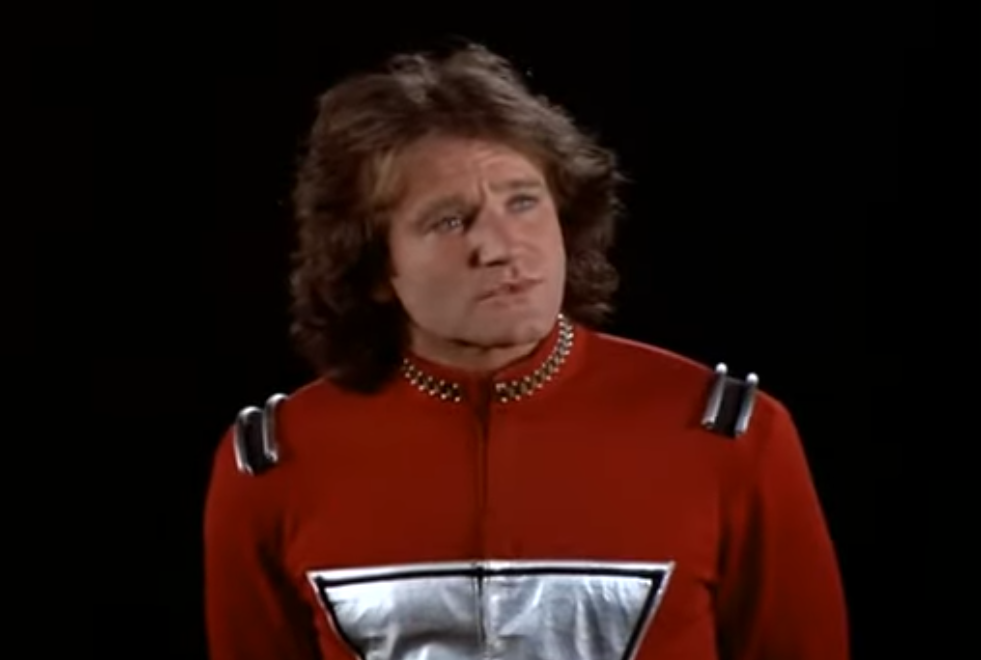 Paramount, Mork & Mindy (1978-1982)
Paramount, Mork & Mindy (1978-1982)
Mork & Mindy (A Spinoff Of Happy Days)
Mork & Mindy was created as a showcase for comic Robin Williams. His alien character Mork was introduced originally as a one-off character in an episode of Happy Days. Taking place in the Happy Days timeline, Mork is an alien from the planet Ork who visits Richie Cunningham. Fitting in with Happy Days’ further move into wacky episodes, Williams’ performance nevertheless made its mark.
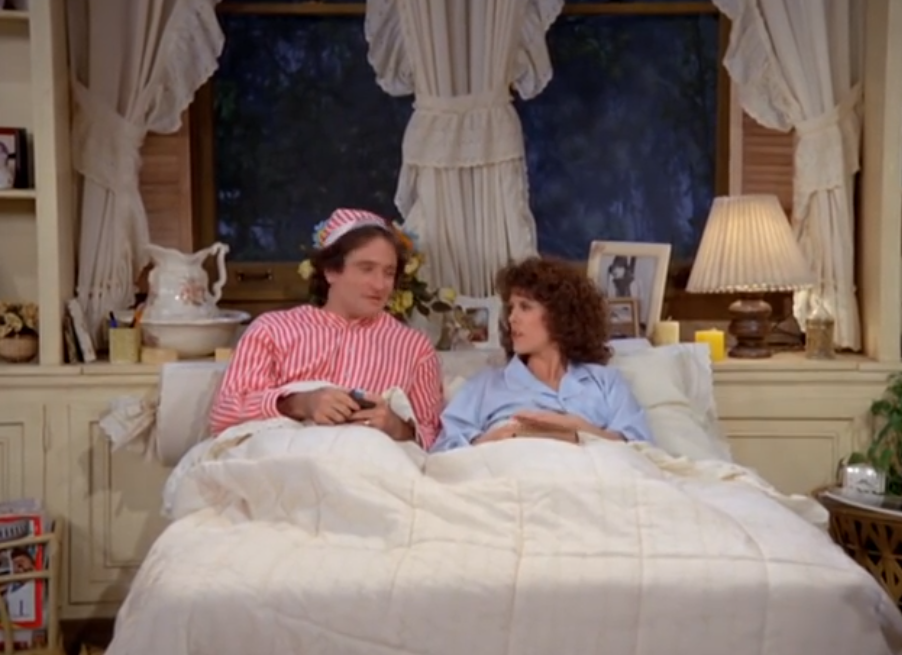 Paramount, Mork & Mindy (1978-1982)
Paramount, Mork & Mindy (1978-1982)
Mork & Mindy (A Spinoff Of Happy Days)
The character of Mork was fleshed out and moved into the contemporary period, landing in Boulder, Colorado. He befriends a human woman Mindy and much of the humor comes from Williams’ improvisational humor and Mork learning about humanity. The show was successful and although it had no other connection to Happy Days, it remains a successful spinoff.
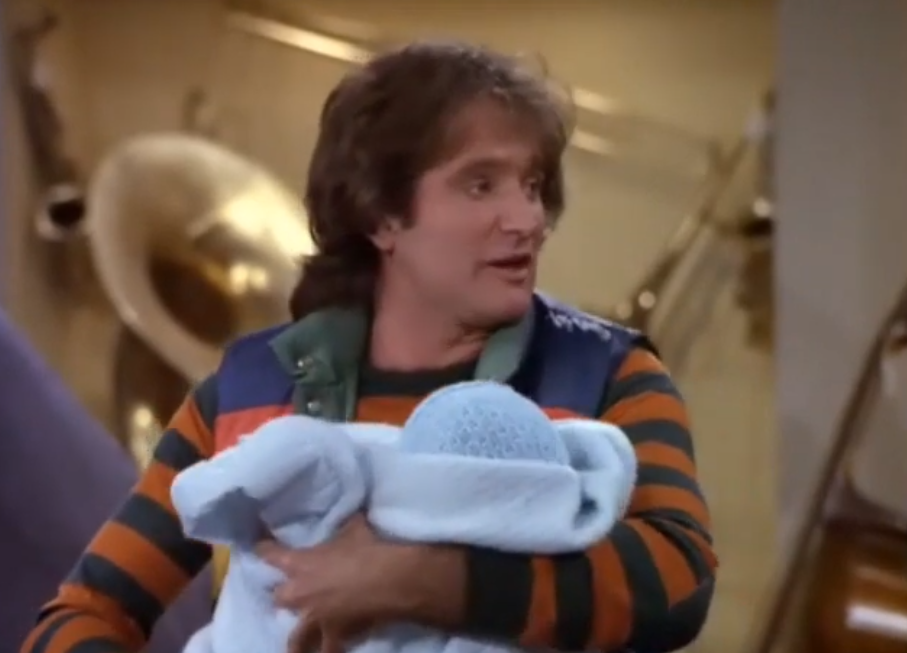 Paramount, Mork & Mindy (1978-1982)
Paramount, Mork & Mindy (1978-1982)
Rhoda (A Spinoff Of The Mary Tyler Moore Show)
The Mary Tyler Moore Show was an iconic 1970s show. Not as political as All In the Family, The Mary Tyler Moore Show was still part of a trend of more sophisticated sitcoms that emerged in the 1970s. Centered around news producer Mary Richards, The Mary Tyler Moore Show boasted a top level ensemble cast.
Rhoda (A Spinoff Of The Mary Tyler Moore Show)
Mary’s best friend and neighbor was Rhoda Morgenstern, played by Valerie Harper, who won three Emmys for her role. With Rhoda’s popularity, it was pretty much guaranteed to be a spinoff and Rhoda was born, or rather reborn back in her native New York City. Featuring a young Julie Kavner (the voice of Marge Simpson on The Simpsons) as Rhoda’s sister, Rhoda was a solid hit, winning Harper another Emmy for her portrayal of Rhoda.
Lou Grant (A Spinoff Of The Mary Tyler Moore Show)
Although it’s often thought to be a spinoff of M*A*S*H, Trapper John, MD was a drama set in present time using the same Trapper John character as the first three seasons of the sitcom M*A*S*H. However, legally (there was an actual court case!), Trapper John, MD was deemed to be an adaptation of the original 1970 film M*A*S*H and Trapper John, MD and M*A*S*H (the series) are considered “sister series”. However, there was a drama that did emerge from a sitcom, roughly at the same time as Trapper John, MD: Lou Grant.
Lou Grant (A Spinoff Of The Mary Tyler Moore Show)
Lou Grant was the producer and boss of Mary Richards at the WJM newsroom in Minneapolis. His character was gruff and cynical but ultimately good hearted. When Mary Tyler Moore chose to end her top-rated series, a new vehicle for the Lou Grant character was created, simply titled Lou Grant.
Lou Grant (A Spinoff Of The Mary Tyler Moore Show)
Set at a newspaper in Los Angeles, Lou Grant was now working as an editor and the series dealt with issues of the day in the late 1970s. The tone was different, and although the original series is never mentioned and none of the Mary Tyler Moore Show characters make an appearance, Lou Grant is a continuation of the earlier series, this time as an hour-long drama. The show was quite successful, lasting five seasons and winning 13 Primetime Emmy Awards, two Golden Globe Awards, and a Peabody Award.
Empty Nest (A Spinoff Of Golden Girls)
Often, a spinoff is introduced as a “backdoor pilot” in the parent series. Rather than simply introducing characters in the original series, or airing a separate pilot for the new series, an episode of the parent series is in fact the pilot for the new show, often with little direct connection to the original series. In cases such as the proposed but unsuccessful Dwight Schrute spinoff series from The Office, the backdoor pilot remains a regular episode when the spinoff isn’t picked up.
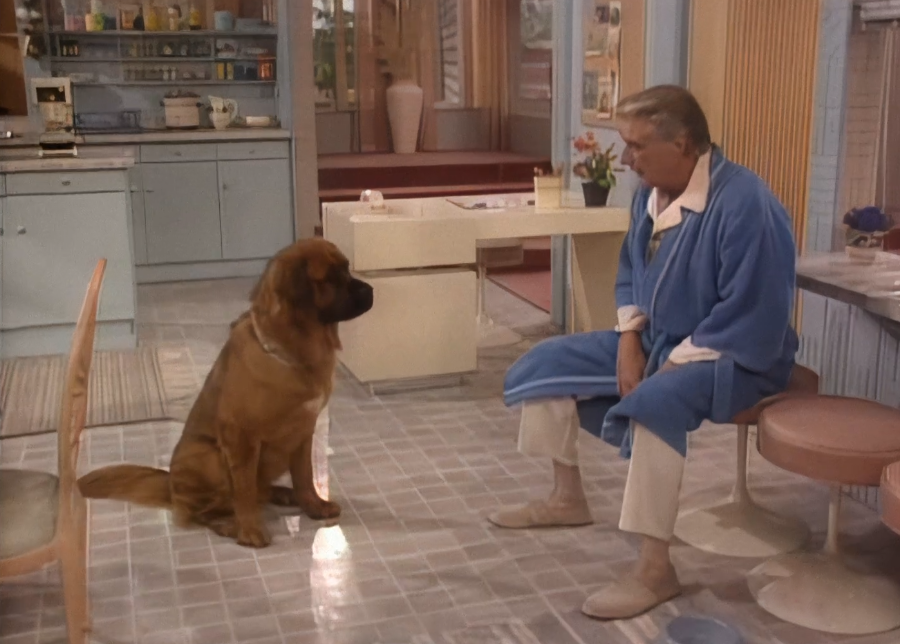 Touchstone, Empty Nest (1988-1995)
Touchstone, Empty Nest (1988-1995)
Empty Nest (A Spinoff Of Golden Girls)
As a spinoff of the successful Golden Girls, Empty Nest was introduced via a backdoor pilot, centering on the neighbors of the characters on Golden Girls. The plot concerns a doctor whose wife dies and his two adult daughters move in. Other than its setting, Empty Nest had little to do with Golden Girls but was nevertheless successful.
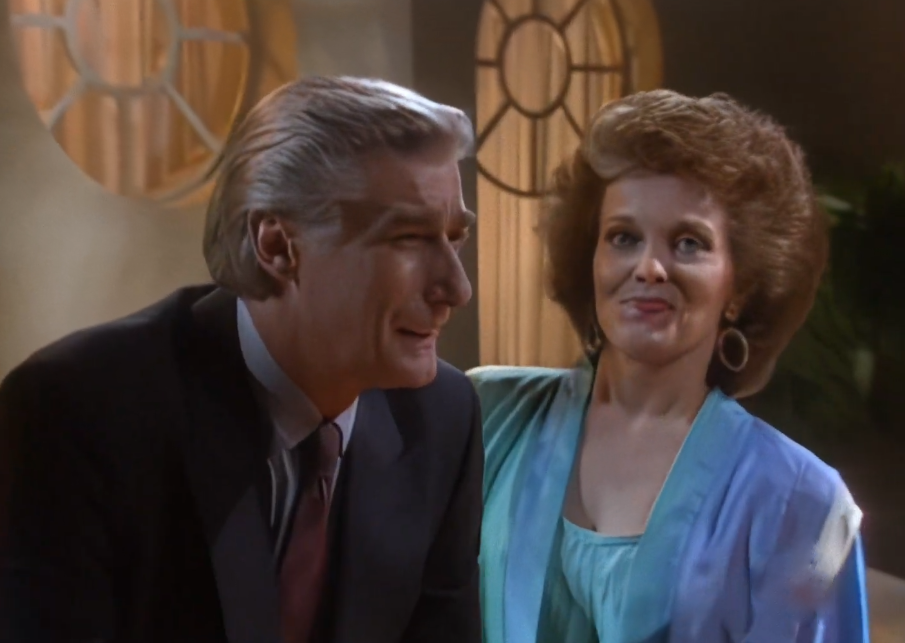 Touchstone, Empty Nest (1988-1995)
Touchstone, Empty Nest (1988-1995)
The Facts Of Life (A Spinoff Of Diff’rent Strokes)
Another backdoor pilot to prove successful, The Facts of Life was a spinoff of Diff’rent Strokes and was ultimately as successful. On Diff’rent Strokes, the wealthy Drummond family’s live-in housekeeper was Mrs Garrett. After the first season of Diff’rent Strokes, it was decided to give Mrs Garrett her own show.
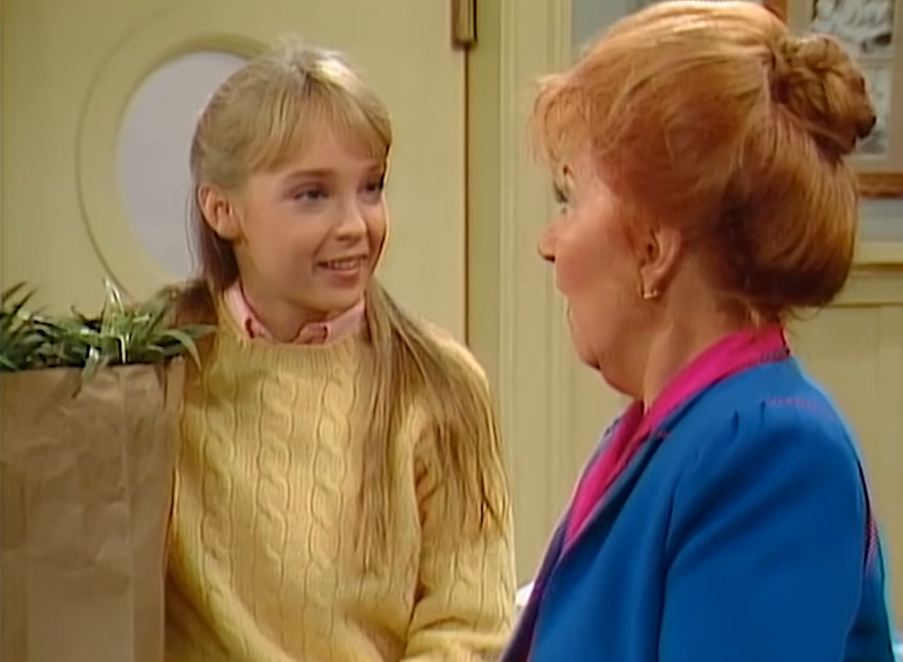 Embassy Television, The Facts of Life (1979-1988)
Embassy Television, The Facts of Life (1979-1988)
The Facts Of Life (A Spinoff Of Diff’rent Strokes)
The premise of The Facts of Life is Mrs Garrett leaving the Drummond household to work as a dormitory housemother in an all-girls private school. The other connection to the Drummonds and Diff’rent Strokes is the Drummond daughter Kimberly, who is a day student at the school (in other words, she lives at home, not the dorm).
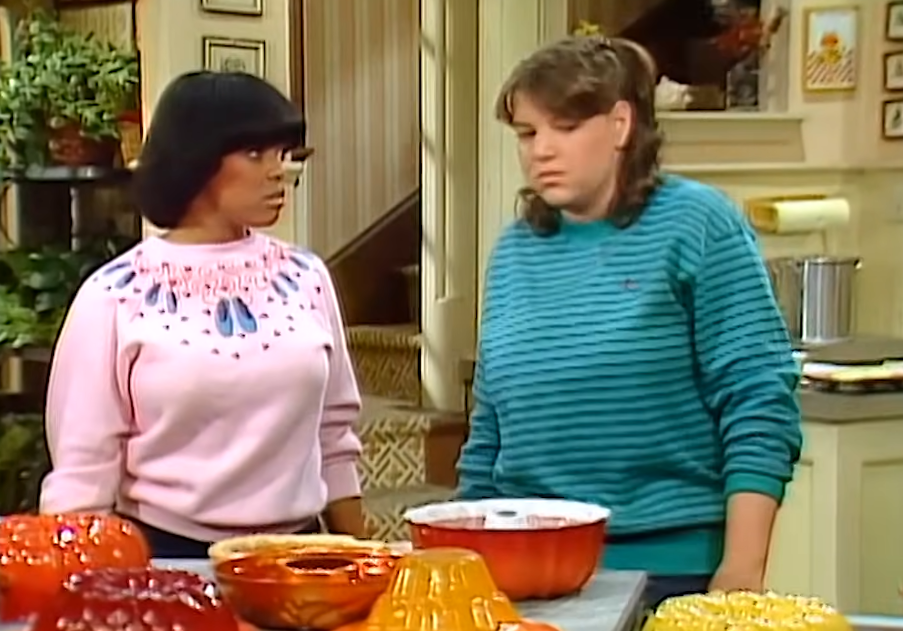 Embassy Television, The Facts of Life (1979-1988)
Embassy Television, The Facts of Life (1979-1988)
The Facts Of Life (A Spinoff Of Diff’rent Strokes)
After the first season with a large cast of young actors, season 2 centers around four girls who come under Mrs Garrett’s direct care when the girls get into legal trouble and have to work in the school’s cafeteria kitchen under Mrs Garrett, who is now the school nutritionist. The show dealt with issues concerning teens and young women and handled issues such as peer pressure and eating disorders.
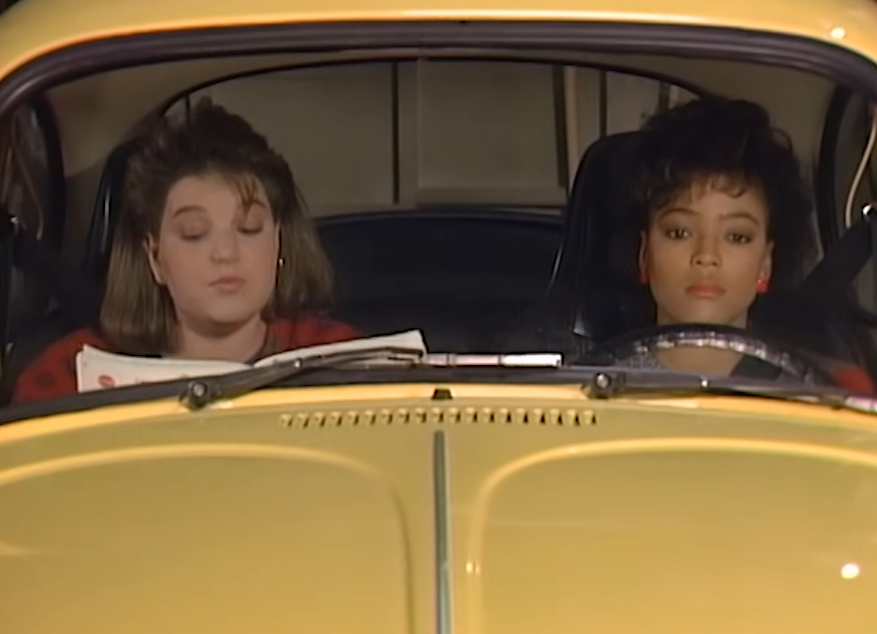 Embassy Television, The Facts of Life (1979-1988)
Embassy Television, The Facts of Life (1979-1988)
Benson (A Spinoff Of Soap)
Soap was a ground-breaking series in the late 1970s, satirizing soap operas. One character on Soap, the smarter-than-everyone-else butler Benson, was played by Robert Guillaume. After winning an Emmy for Outstanding Supporting Actor for the role, Guillaume was given his own show centered around the Benson character.
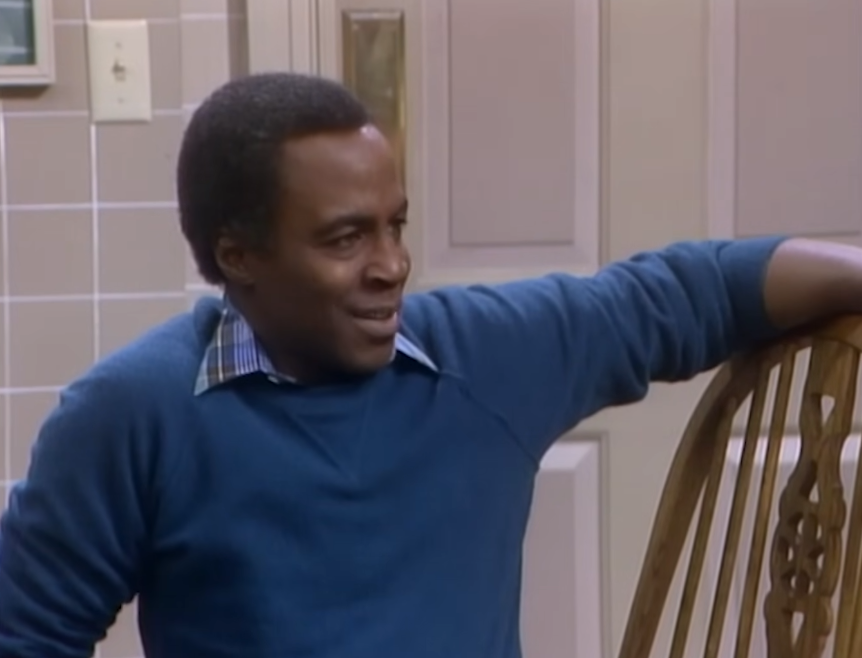 Witt/Thomas Productions, Benson (1979-1986)
Witt/Thomas Productions, Benson (1979-1986)
Benson (A Spinoff Of Soap)
On Benson, the title character moved on to run the household affairs of the widowed governor of an unnamed US state. Less cynical than Soap, Benson nevertheless carried on with the Benson character’s cutting humor, mixing family situations in the governor’s mansion with political humor as Benson interacted with both household and government staff. Guillaume won an Outstanding Lead Actor Emmy for his performance and Benson is also notable for featuring two actors who later starred in two Star Trek spinoff series: René Auberjonois, who played Odo on Star Trek: Deep Space Nine, and Ethan Phillips, who played Neelix on Star Trek: Voyager.
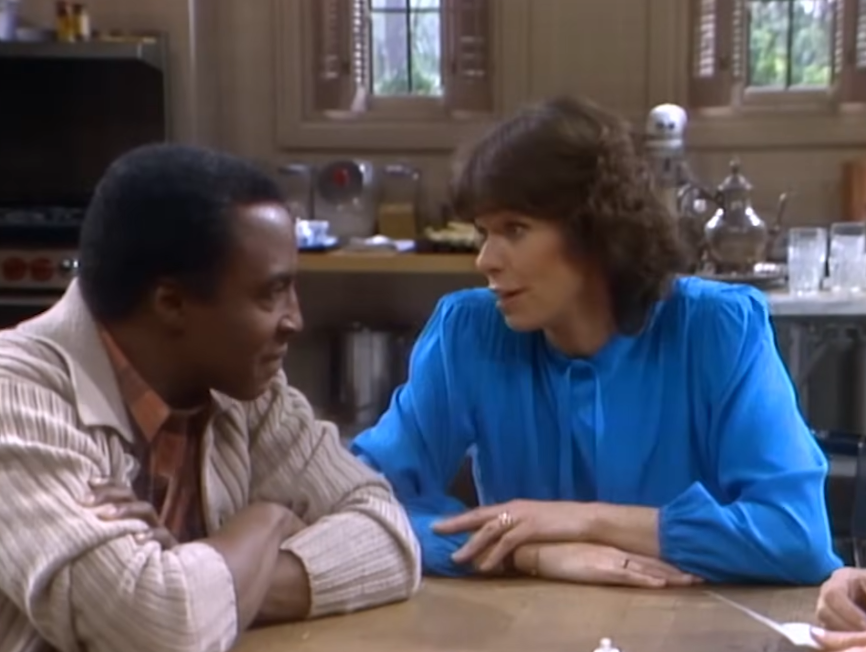 Witt/Thomas Productions, Benson (1979-1986)
Witt/Thomas Productions, Benson (1979-1986)
Family Matters (A Spinoff Of Perfect Strangers)
Perfect Strangers was, in many ways, a conventional sitcom. It had all the tropes familiar to audiences: two very different characters thrown into a situation where they have to co-exist, one of them a wacky oddball (in this case, someone from a fictional foreign country trying to understand American customs). Nevertheless, it was a hit and lasted eight seasons.
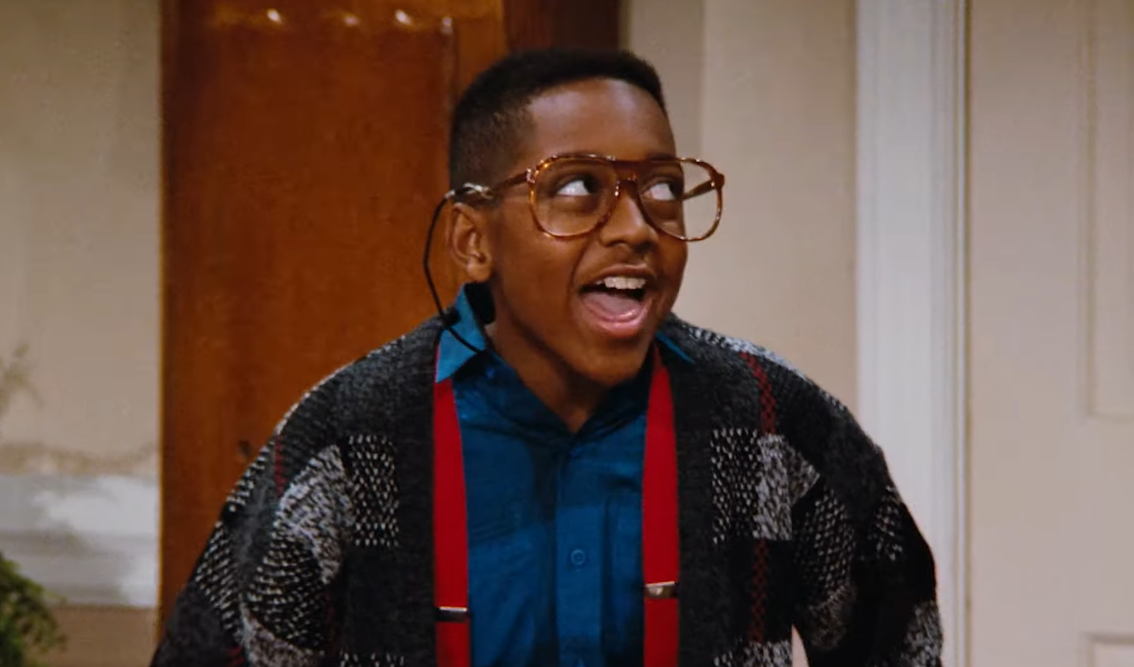 Lorimar Television, Family Matters (1989-1998)
Lorimar Television, Family Matters (1989-1998)
Family Matters (A Spinoff Of Perfect Strangers)
The other thing Perfect Strangers is known for is as the parent show for an even more successful spinoff. With characters introduced on Perfect Strangers, Family Matters centered around an African American family and was a typical family sitcom until halfway through the first season when a new character was introduced: the nerdy neighbor, Steve Urkel. Urkel became the breakout star, with episodes increasingly centered around him, which proved popular enough for the show to last nine seasons.
But not everyone was a fan of the Urkel character—and viewers had no idea that behind the scenes, things were taking a dark turn.
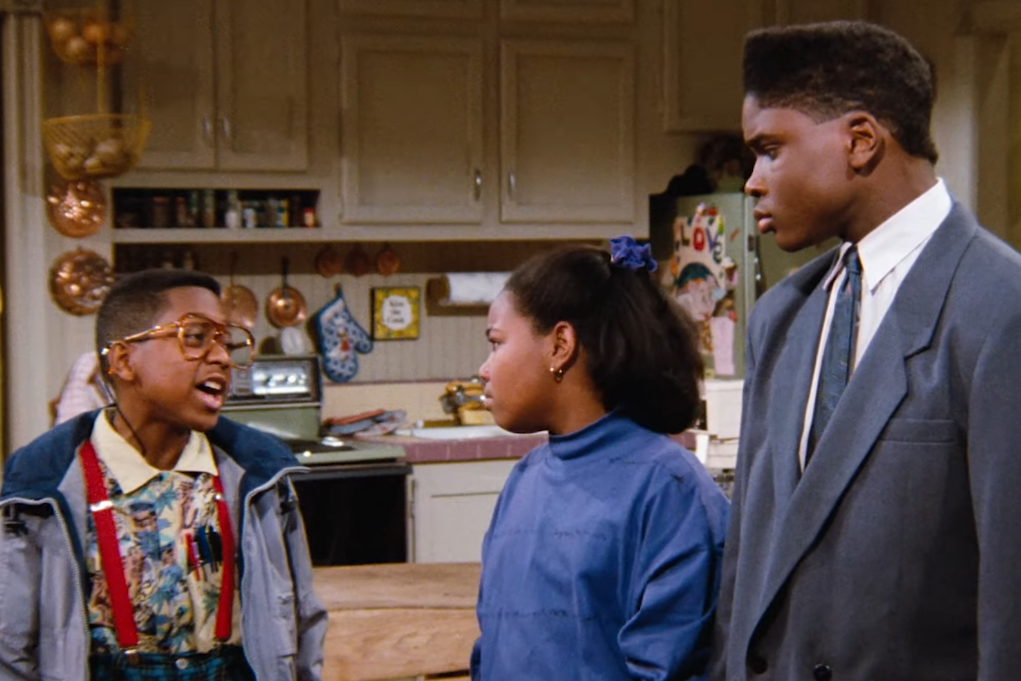 Lorimar Television, Family Matters (1989-1998)
Lorimar Television, Family Matters (1989-1998)
Family Matters (A Spinoff Of Perfect Strangers)
At first, Jaleel White was excited to play the role of Urkel. But soon after arriving on set, the young actor found himself ostracized from the rest of the cast. His co-stars weren't happy with all the screen time his character was getting, but the tensions on set got even worse when cast members were allegedly forced to accept pay cuts. This discord only lasted a few seasons, and White eventually did managed to get in good with his co-stars—but the actor remains adamant that he would never return to the iconic role.
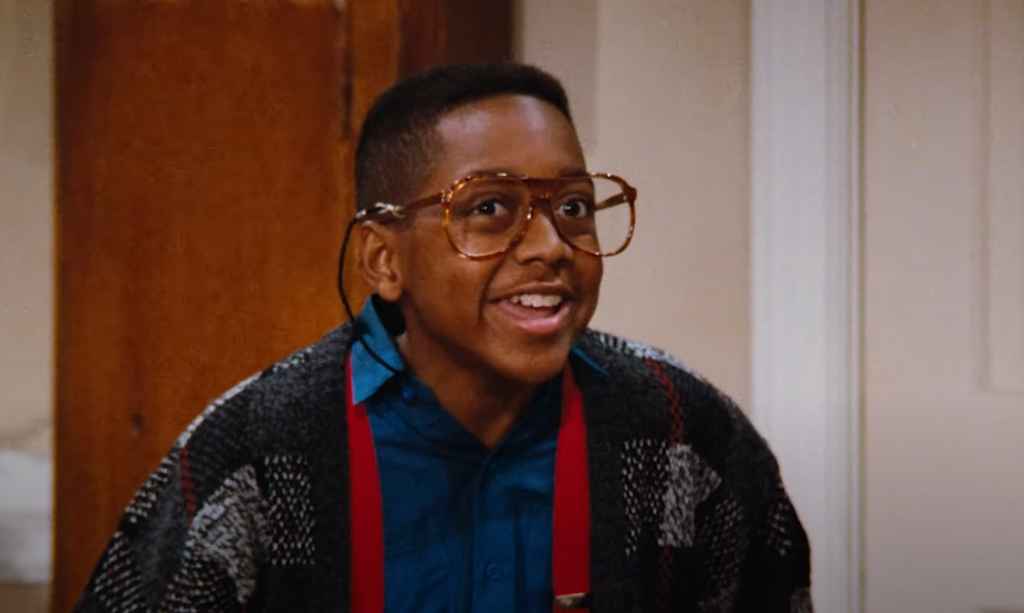 Bickley-Warren Productions, Family Matters
Bickley-Warren Productions, Family Matters
Frasier (A Spinoff Of Cheers)
One of the most successful spinoff series of all time, Frasier seemed to achieve the impossible: take on a life of its own outside of the original series Cheers. Although there were plenty of references to Cheers and Frasier’s earlier life in Boston, plus visits from several Cheers characters, Frasier nevertheless always felt like a complete series all its own. Frasier Crane was introduced on Cheers as a new romantic partner for Diane, meant as a love triangle situation and a foil for the Sam and Diane on again/off again relationship.
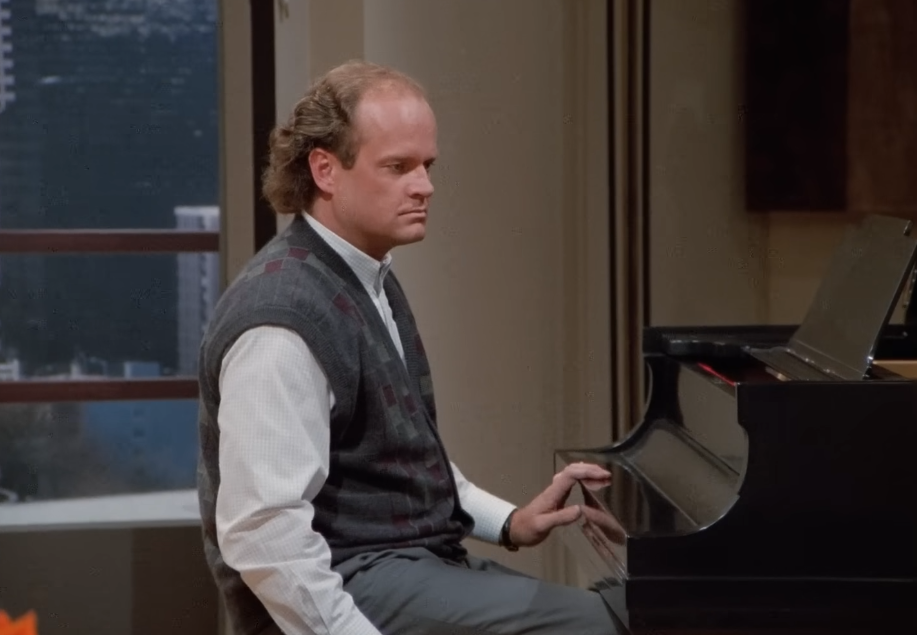 Grammnet Productions, Frasier (1993-2004)
Grammnet Productions, Frasier (1993-2004)
Frasier (A Spinoff Of Cheers)
With Shelley Long’s departure from Cheers, the Frasier character remained and was given more depth with his own storylines. The success of Cheers meant that when it finished production, the network was eager to keep things going and the popular Frasier character was the clear choice for a spinoff. A huge success for its entire run, Frasier earned 107 Emmy nominations and won 37 of them, a record which still stands.

